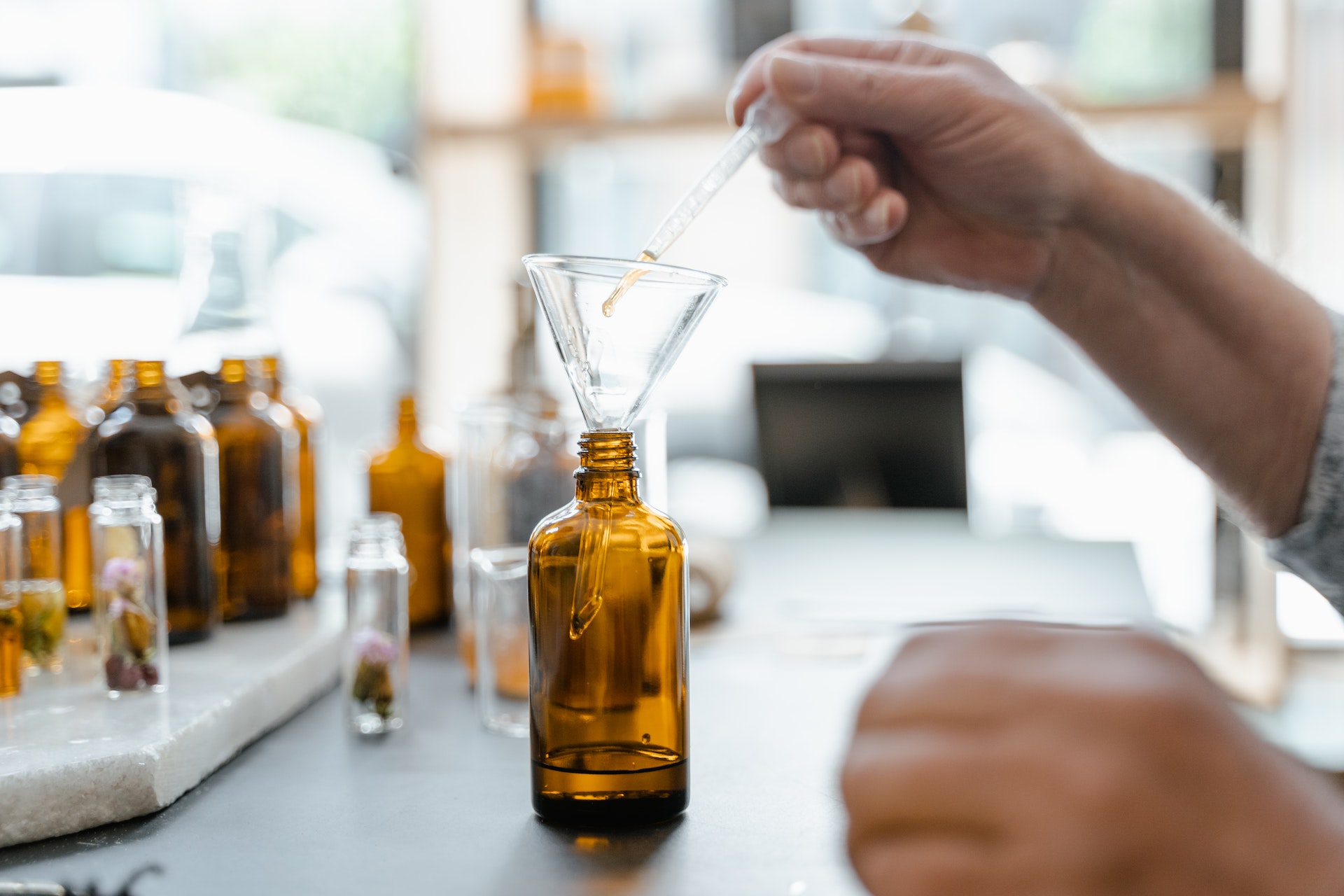Introduction to organic chemistry and chemical reactions
An organic reaction is a chemical process involving organic substances. Addition reactions, elimination reactions, substitution reactions, pericyclic reactions, rearrangement reactions, photochemical reactions, and redox reactions are the basic types of reactions in organic chemistry. They are used in organic synthesis to produce new organic compounds. Many man-made compounds such as pharmaceuticals, plastics, food additives and textiles rely on organic interactions, more about how they work can be found here.
There are some common patterns in how organic reactions proceed. In a substitution reaction, one atom or group of atoms in one substance is replaced by another atom or group of atoms in another substance. The bulky groups that block the attack cause the reaction to be sterically hindered. In elimination reactions, adjacent atoms are removed, followed by the formation of multiple bonds and small molecules.
Addition reactions are the reverse of elimination reactions. Free radical reactions are not very selective and proceed in three stages: initiation, propagation, and termination. In organic chemistry, redox reactions are identified by changing the number of oxygen atoms or the number of carbon-oxygen or carbon-nitrogen bonds in the hydrocarbon backbone.
Chemical reactions in which organic compounds undergo chemical changes are called organic reactions. In this reaction, a type with unrelated or bonded electrons “donates” a pair of electrons to an electron-deficient type by forming a bond between the two types.
Types of organic chemical reactions: substitution, addition, elimination, and rearrangement
Organic reactions are chemical processes in which organic substances are involved. Addition reactions, elimination reactions, substitution reactions, pericyclic reactions, rearrangement reactions, photochemical reactions, and redox reactions are the fundamental organic chemistry reaction types. Organic reactions are utilized in the production of new organic compounds in organic synthesis. Many man-made compounds, such as pharmaceuticals, plastics, food additives, and textiles, rely on organic interactions.
There are common patterns to how organic reactions occur. In a substitution reaction, one atom or a group of atoms in a substance is replaced by another atom or a group of atoms from another substance. Bulky groups that prevent attack cause the reaction to be sterically hindered. In an elimination reaction, adjacent atoms are removed with subsequent formation of a multiple bond and a small molecule. An addition reaction is the reverse of an elimination reaction. Radical reactions are not very selective and occur in three stages: initiation, propagation, and termination. Oxidation–reduction reactions in organic chemistry are identified by the change in the number of oxygens in the hydrocarbon skeleton or the number of bonds between carbon and oxygen or carbon and nitrogen.
Read: Understanding the Benefits and Side Effects of Aceclofenac Paracetamol
The chemical Reaction in which Organic compounds change chemicals is called Organic Reactions. In this Reaction, one type with unrelated or bound electrons “donates” an electron pair to a type that lacks an electron by forming a bond between the two types.
Examples and applications of each type of organic chemical reaction
Various types of organic reactions are used in synthesising different organic compounds termed as organic reaction. These chemical reactions help to derive various important organic products which are further helpful in different pharmaceutical and industrial productions. These reactions are carried out by various processes like, addition, substitution, and some other reactions.
There are various kinds of organic reactions to consider based on the treatment of the reactant substances and the breakage of bonds. It leads to the formation of different compounds are witnessed through various organic chemical processes. These chemical processes are mentioned below.
Organic reactions are the chemical reactions involve the usage of organic substances. Organic reactions include different kinds of reactions based on the disintegration of the bonds found in the reactant molecules. Primarily there are four different kinds of organic reactions such as, substitution, addition, elimination, and rearrangement reactions. 80% of the organic reactions are carried out using these reactions path way. The substances involved in this reaction contain carbon atoms.
Conclusion
Understanding the different types of chemical reactions in organic chemistry is crucial for various reasons. Firstly, it allows scientists to predict and explain the behavior of molecules in different chemical environments. By understanding the mechanisms and outcomes of different types of reactions, researchers can design and optimize organic synthesis routes, develop novel catalysts for more efficient reactions, and tailor reactions for specific applications.



